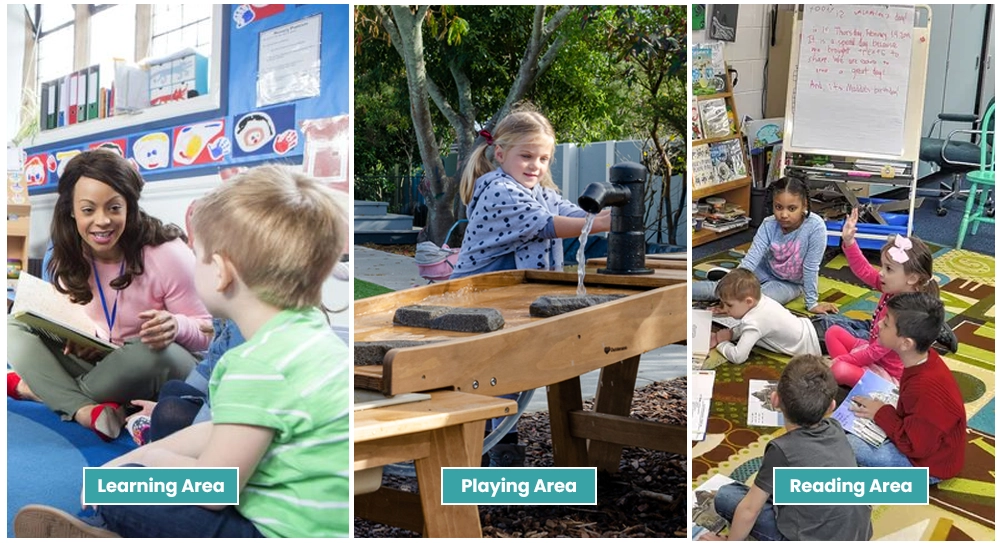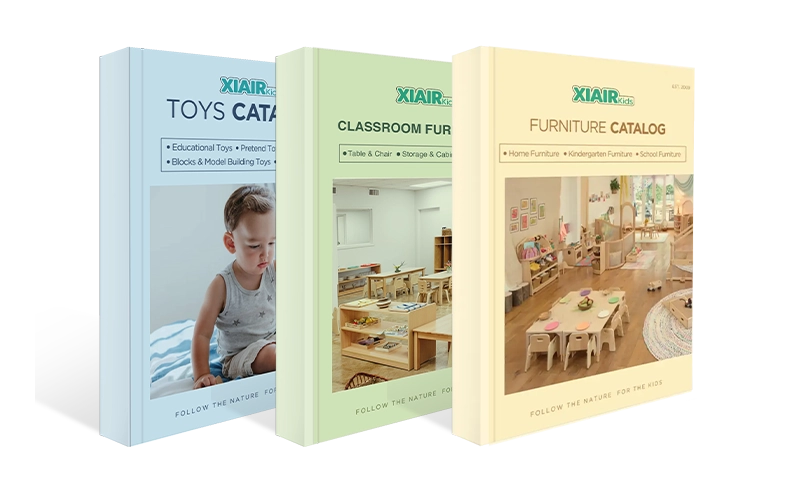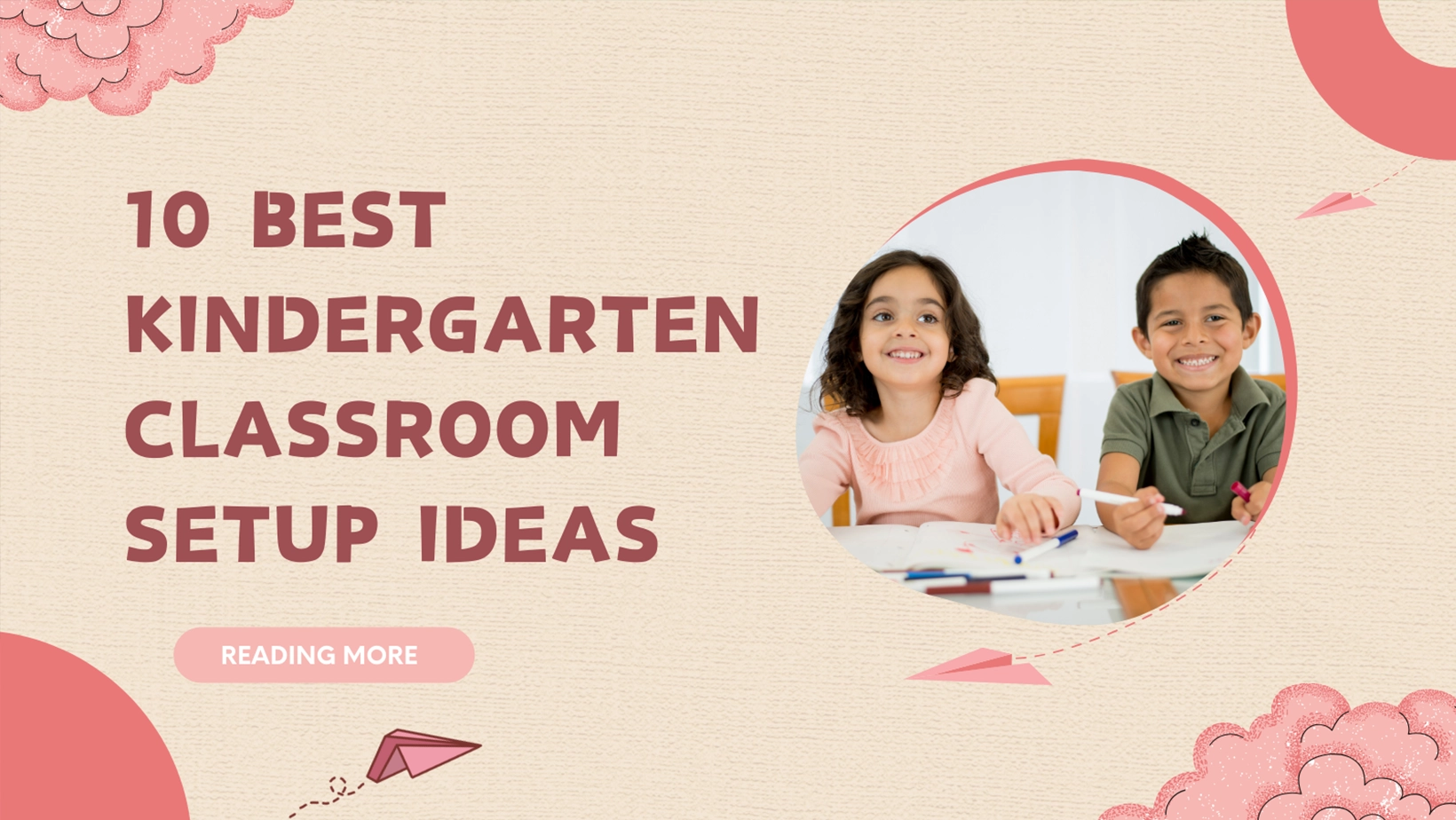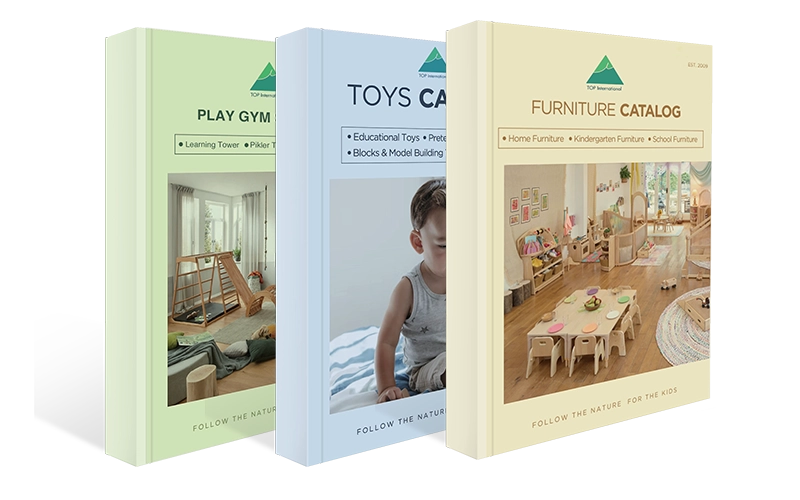Are you embarking on the journey of setting up a kindergarten classroom setup or looking to rejuvenate your current space? Do you ponder over creating an environment that not only looks welcoming but actively enhances learning and engagement for young minds? How can you ensure your classroom is a place where creativity blossoms, curiosity is nurtured, and learning is a joyful adventure?
Creating an ideal kindergarten classroom setup is pivotal in shaping the early educational experiences of children. It involves more than just aesthetically pleasing arrangements; it’s about fostering an environment that promotes exploration, independence, and a love for learning. By integrating flexible seating options, interactive learning centers, and cozy reading nooks, we can offer a classroom that meets the diverse needs of every child.
This endeavor is not just for the seasoned educator but also new teachers and parents involved in educational planning. With the right approach, your classroom can transform into a vibrant space that encourages collaboration, supports social-emotional development, and makes learning an engaging, dynamic process.
Get ready to revolutionize your kindergarten classroom setup with these ten incredible setup ideas that will captivate and inspire your young learners. Let’s dive in and discover how you can create an environment that nurtures their love for learning and supports their early educational journey.

Importance of a Well-Designed Kindergarten Classroom
A well-designed kindergarten classroom serves as the cornerstone of a child’s early education. It goes beyond aesthetics to create a learning environment that is safe, engaging, and conducive to the developmental needs of young children. The layout, furniture, and overall design play a crucial role in influencing how children interact with their surroundings, peers, and educators. An optimally designed classroom fosters independence, promotes creativity, and facilitates the seamless integration of educational objectives with playful learning.
Embracing Montessori & Reggio Principles in Classroom Design
Integrating Montessori and Reggio Emilia principles into the classroom design emphasizes creating environments that encourage self-directed learning and respect the natural development of children. Montessori classrooms are known for their emphasis on independence, freedom within limits, and an environment prepared with materials that cater to the child’s innate desire to learn. Reggio Emilia’s approach focuses on expressive and communicative mediums as tools for learning, emphasizing the importance of a stimulating environment that provokes curiosity and discovery.

Montessori Education System
The Montessori education system, developed by Dr. Maria Montessori, is characterized by its child-centric approach that emphasizes hands-on, self-paced learning. It fosters independence by offering children a range of activities to choose from and allowing them the freedom to explore these tasks at their own pace. The classroom environment is meticulously prepared with sensory-rich materials, promoting active learning and discovery. Montessori classrooms also focus on practical life skills, encouraging children to develop a sense of responsibility and self-discipline.
Reggio Education System
The Reggio Emilia education system, originating from the town of Reggio Emilia in Italy, is renowned for its innovative and respectful approach to early childhood education. It views children as competent, resourceful learners and emphasizes the importance of community and collaboration in the learning process. The Reggio approach uses the environment as the ‘third teacher’, rich in materials that provoke inquiry and creativity. Central to this philosophy is the belief in the hundred languages of children – that children have multiple ways of thinking, exploring, and expressing themselves.

Factors to Consider in Kindergarten Classroom Setup
When setting up a kindergarten classroom, several factors must be taken into account to ensure the space supports educational goals while being adaptable to the needs of young learners. These include the physical layout, the flexibility of the space, the choice of furniture, the accessibility of learning materials, and the incorporation of technology. Educators must also consider the classroom’s emotional and psychological impact, ensuring it promotes a sense of safety, belonging, and community among students.
TOP 10 Kindergarten Classroom Setup Ideas

Discover our top 10 kindergarten classroom setup ideas designed to inspire creativity, enhance learning, and foster a sense of community. From flexible seating to interactive learning centers, these innovative strategies create a dynamic and inclusive environment where every young learner can thrive. Transform your classroom into a haven of exploration and discovery.
1. Creating Designated Areas for Different Activities
Segmenting the classroom into distinct areas for reading, play, art, and quiet time supports varied learning styles and activities. This organization helps children understand classroom routines and transitions, encouraging autonomy in choosing activities aligned with their interests and learning needs.

2. Color Scheme and Decor Ideas
Colors and decor play a significant role in setting the classroom’s mood and atmosphere. Soft, calming colors can create a serene learning environment, while bright, vibrant colors might stimulate energy and creativity. Incorporating children’s artwork and culturally diverse decor can make the space feel personal and inclusive.

3. Creating a Welcoming and Inclusive Classroom Environment
A welcoming classroom environment recognizes and celebrates the diversity of its students. It includes labels and signs in multiple languages, materials that reflect various cultures and backgrounds, and spaces that are accessible to all students, promoting inclusivity and respect.

4. Incorporating Educational and Interactive Wall Displays
Wall displays that are educational and interactive can significantly enhance the learning experience. These can include alphabet and number charts, simple word walls, and areas where children’s work is displayed, providing a sense of achievement and belonging.

5. Utilizing Storage Solutions for Materials and Supplies
Effective storage solutions keep the classroom organized and materials accessible. Open shelving, labeled bins, and child-height storage options empower students to take responsibility for their learning environment, promoting independence and order.


Receive a free catalog and custom layout to help you design your ideal classroom easily.
6. Creating Sensory Play and Exploration Areas
Sensory areas equipped with materials that stimulate the senses support cognitive development, fine motor skills, and discovery learning. These areas can include sand and water tables, tactile boards, and materials with diverse textures and colors.

7. Incorporating Flexible Seating Options
Flexible seating options such as cushions, bean bags, and adjustable chairs offer children choices in their learning environment, catering to their comfort and learning preferences. This flexibility can improve concentration and collaboration among students.

8. Integrate Technology In The Kindergarten Classroom
Technology, when used appropriately, can enhance learning in the kindergarten classroom. Interactive whiteboards, tablets, and age-appropriate educational apps can support literacy and numeracy skills, creative expression, and collaborative projects. It’s essential to balance screen time with hands-on learning, ensuring that technology serves as a tool to augment rather than replace traditional learning experiences.

9. Game Carpet with Alphabet
A game carpet featuring the alphabet or other educational themes encourages learning through play. It can be a focal point for circle time, group activities, and interactive games that support literacy and numeracy skills.

10. Safety Measures and Considerations for a Kindergarten
Ensuring the classroom is a safe environment is paramount. This includes securing furniture to prevent tipping, using non-toxic materials, and creating clear pathways for evacuation. Regular safety checks and age-appropriate safety education for children are essential.


Receive a free catalog and custom layout to help you design your ideal classroom easily.
FAQ
Conclusion and Final Tips for Kindergarten Classroom Setup
Creating an engaging and effective kindergarten classroom setup is a dynamic process that evolves with the needs of the students and the educational objectives of the program. Remember, the goal is to create a space where children feel safe, valued, and inspired to explore and learn. By incorporating these top 10 ideas into your classroom design, you can build a foundation for a successful and joyful learning journey.
In conclusion, setting up a kindergarten classroom is a multifaceted task. It requires a thoughtful approach that encompasses educational principles, child psychology, and practical design. Here are some final tips:
- Remain adaptable: Be ready to modify your setup in response to the evolving needs of your students.
- Engage students in the process: Involving children in organizing and decorating the classroom fosters a sense of ownership.
- Welcome feedback: Regular input from students and colleagues can provide fresh perspectives on improving the classroom environment.
- Stay informed: Keeping up with the latest in educational research and trends can inspire new ideas for your classroom.
- Focus on well-being: Above all, ensure that the classroom is a safe, welcoming space where every child can thrive.
A well-set-up classroom is a crucial component of effective early childhood education. It’s a place where curiosity is ignited, skills are honed, and a lifelong love of learning begins.








